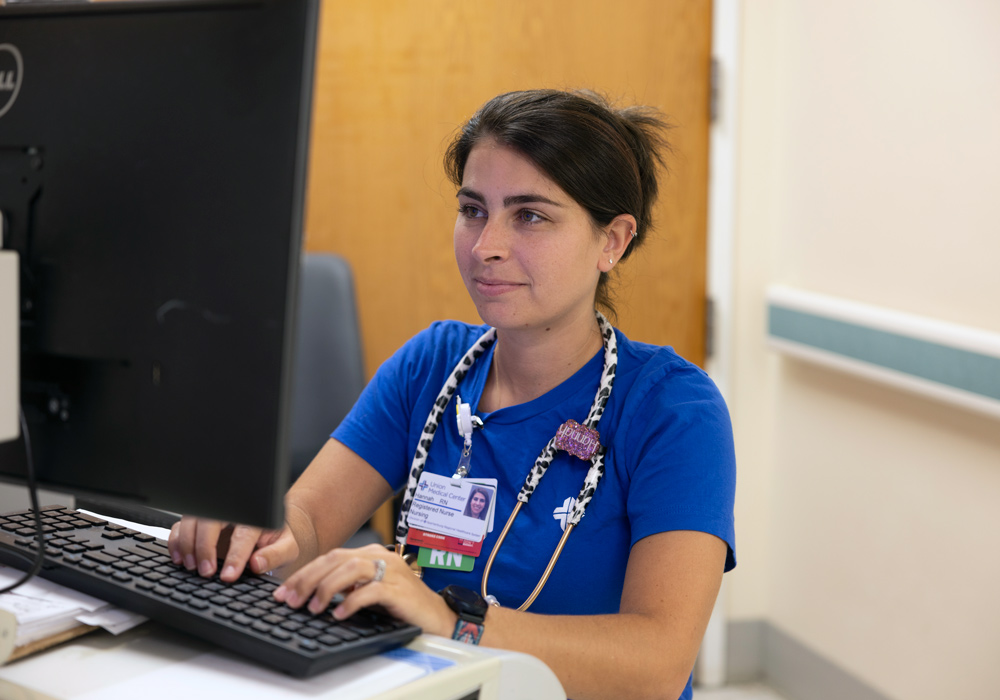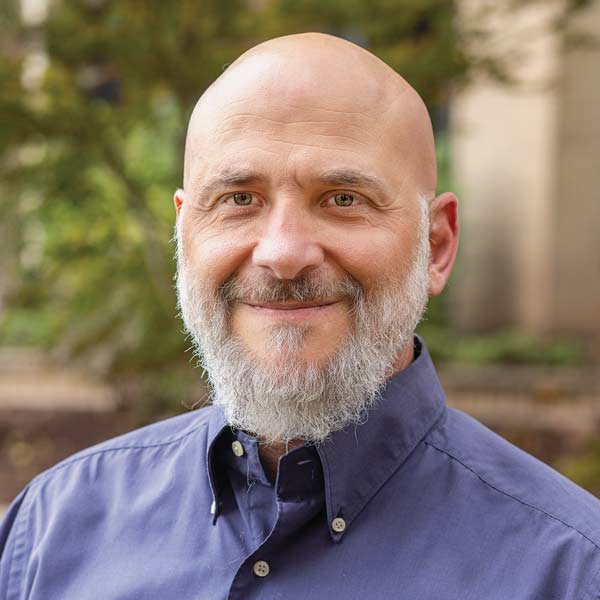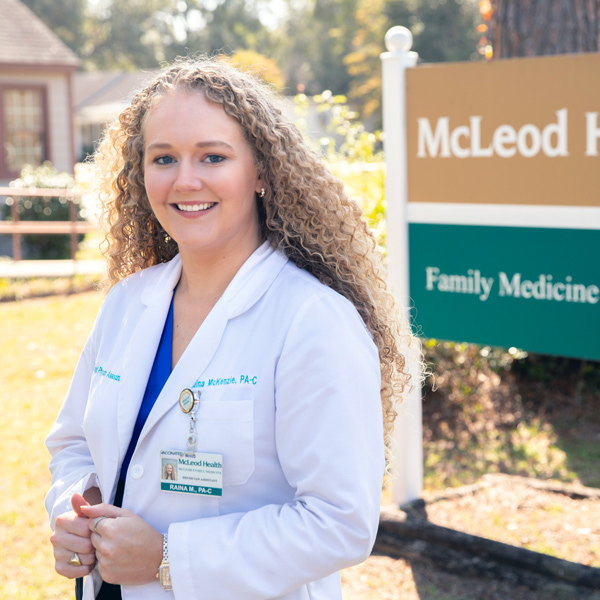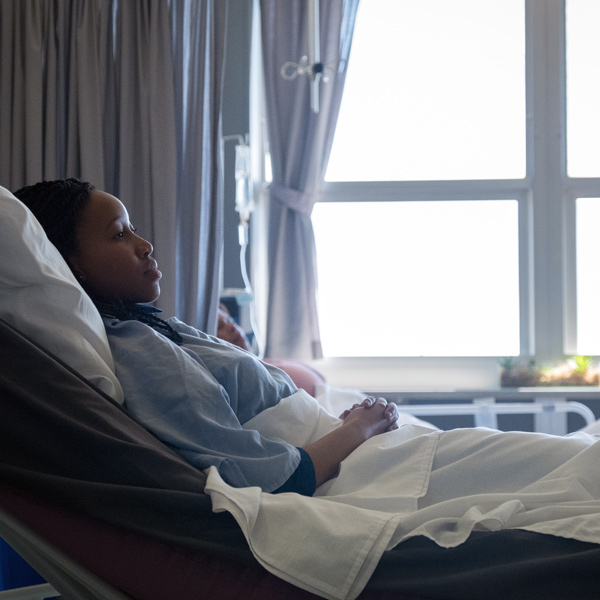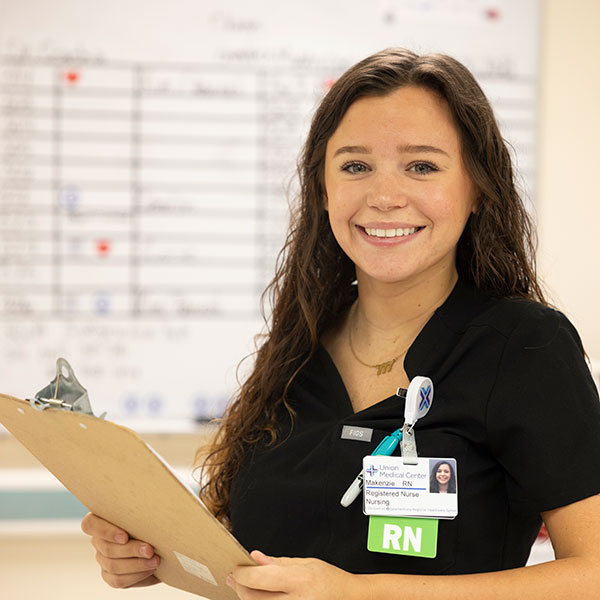More than a quarter of South Carolinians call a rural area home, according to the state’s Office of Rural Health.
Living in a small town or rural community has its perks like a quiet, more natural setting and the sense of close community. But the distance from major cities can present challenges to getting essential health care, especially when it comes to emergencies.
Nationally, studies show that rural populations have a higher incidence of medical emergencies, including stroke and cardiac events, and are at greater risk of death because of barriers to access to timely medical care.
The University of South Carolina is taking action to change that, both for our own state’s communities and at the national level.
- USC’s Rural and Minority Research Center and South Carolina Center for Rural and Primary Healthcare are setting the bar for national initiatives.
- The university is planning a new neurological hospital that will expand access to treatment for the entire Southeast region, improving outcomes for stroke survivors.
- USC’s Brain Health Network is opening locations in underserved communities throughout the state.
- Systemwide, the university awards 900 nursing degrees per year, helping to meet a pressing need for new nurses.
- Initiatives at the School of Medicine Columbia, the School of Medicine Greenville and the School of Pharmacy support graduates to work in rural and medically underserved communities.
Here are more ways university researchers and alumni are working to advance the health of residents in South Carolina and beyond.
Can where you live affect whether you’ll recover from a stroke?
Researchers find that people in rural communities have a higher likelihood of stroke and are more likely to die as a result. A 2020 study from USC’s Rural and Minority Research Center shows that the mortality rate for stroke is even higher in rural Black populations compared to urban populations.
In South Carolina, the need for enhanced neurological care is critical. Stroke is the sixth-highest cause of death in the state, according to the S.C. Department of Public Health. But options for treatment in the state are limited, forcing residents to travel for care.
To help bridge the gap, the University of South Carolina is developing a unique hospital that would house the region’s first standalone comprehensive medical facility dedicated to the integrated care of patients with brain and nervous system illnesses. This highly specificized facility would offer advanced neurological and neurosurgery treatments and rehabilitation.
The hospital would be the first of its kind in the Southeast, making treatment available in the heart of South Carolina. In addition, through USC’s Brain Health Network, patients in underserved areas across the state are receiving diagnostic care and treatment for complex neurological conditions.
USC’s growing health care services
Across the country, rural communities are building innovative programs that serve their communities in meaningful ways, and the School of Medicine’s Kevin Bennett has been leading the way.
In 2024, Bennett was appointed president of the National Rural Health Association. Since his term began, Bennett has worked to engage federal policy makers, agencies and the White House to advocate for patients and health care providers in rural areas.
He has balanced his responsibilities at home in South Carolina, where he is a professor at the School of Medicine Columbia and director of USC’s Center for Rural and Primary Healthcare. He believes that the national association’s priorities align well with work being done here.
For example, USC’s Center for Rural and Primary Healthcare could provide models that can be adopted nationally, and Bennett plans to engage with other federal agencies to fund pilot programs modeled after South Carolina programs.
Bennett sees his national platform as an extension of the large role USC plays in answering rural health care problems.
“We have a lot of national rural health leaders here at our university,” he says. “When people nationally think of South Carolina, it's well-respected in that area.”
A national platform for rural health
Pharmacists are often the only available health care provider in rural communities, and resources for providing the most effective care can be limited as well.
Now, USC is working to help rural pharmacists connect and support each other. “Pharmacists practicing in rural areas are somewhat on an island,” says Reagan Barfield, an alumna and clinical assistant professor in the College of Pharmacy.
Barfield, who is coordinator of the Tandem Health-USC residency program, started an initiative for pharmacy students and practitioners, called the Southeastern Collaboration of Rural Health Research and Education Network.
As founder and director, Barfield leads monthly meetings in which members discuss patient issues and help identify rural health topics for continuing education.
“I saw an opportunity to ensure they have a network of others working in similar areas where they can ask questions, collaborate on research and education, and have communal support,” she says.
As a result of this additional support, Sumter has seen an increase in the number of pharmacy practitioners in the area, growing from one to eight full-time staff in four years.
Raina McKenzie is a 2021 graduate of the USC’s Physician Assistant program at the School of Medicine Columbia. As a recipient of the South Carolina Rural Practice Loan Forgiveness program, McKenzie has committed to work in a rural area.
The loan forgiveness program helps medical practitioners in the state repay a large portion of their medical school loans if they practice for several years in a rural area and choose primary care or a critically needed specialty, like obstetrics or psychiatry.
For McKenzie, the program has led her to set up shop in her hometown of Kingstree, South Carolina. She now works for McLeod Health Clarendon, where she serves the very people who have shaped her life.
“I have always had a passion to come back and serve my community,” she says. “The people I see on a daily basis — I sit beside them in church, I played high school sports with them — these are my people, and I want to give back quality health care to them.”
USC researchers have discovered a hidden crisis impacting rural and minority South Carolinians. A 2024 study shows that members of these populations are more likely to be readmitted to the hospital for mental health and/or substance use disorders after giving birth.
“[Postpartum individuals] are susceptible to mental health and substance use disorders, leading to maternal morbidity and mortality inequity,” says Peiyin Hung, co-director of the Rural and Minority Health Research Center at the Arnold School of Public Health.
“This is especially true for those facing social or economic hardships or with a history of mental health disorders.”
The center collaborated with the South Carolina SmartState Center for Healthcare Quality on the examination of more than 71,000 hospital records for postpartum individuals in South Carolina. Their findings align with national data showing that Black and rural populations are disproportionately impacted by mental health conditions after birth.
“It is well-documented that Black individuals face systemic barriers to preventive health care access and quality, and our results suggest that these barriers may result in delayed access to care and more postpartum readmissions,” Hung says.
A hidden crisis in postpartum care
South Carolina is burdened with high rates of many diseases, from cancer and neurodegenerative diseases to infectious diseases such as HIV. To address these effectively, USC researchers are taking a new approach with the Center for Clinical and Translational Research.
Funded by the National Institutes of Health, the center will develop cohesive ways to turn laboratory, clinical and community observations into effective interventions by connecting researchers and providers from the Columbia Veterans Affairs Health Care System and Prisma Health directly with patients and caregivers.
The center will be led by Dr. Francis Spinale from the School of Medicine Columbia and James Hébert from the Arnold School of Public Health.
“Cardiovascular disease is a major problem in our underserved, rural patient populations as well as our veterans,” says Spinale. “We must explore new strategies to prevent and treat the chronic illnesses that afflict patients in our communities.”
A community-based model will allow for quick deployment of clinical and translational research projects while providing meaningful engagement with high-risk and underserved communities.
“We will be taking an entirely different approach than what is classically done,” Hébert says. “We will ask community members what is it that they feel is affecting them most and engage clinical systems to address nagging public health problems.”
New approach to chronic illness
Makenzie Edwards was one the first nurses to graduate with a bachelor’s in nursing from USC Union thanks to a partnership with USC Aiken. The partnership, which also includes a program at USC Sumter, is designed to address the nursing shortage in South Carolina, particularly in rural areas like Union, a city of just 8,000 people.
The USC system has been on a mission to increase the number of registered nurses statewide. BSN degrees are offered at the Columbia campus and each of the comprehensive universities: USC Aiken, Beaufort and Upstate.
Degrees are also offered in conjunction with a four-year institution at USC Lancaster, Salkehatchie, Sumter and Union. A few campuses offer online BSN programs for students who already have a two-year or three-year nursing degree.
For Edwards, who grew up in Union and has a strong support system there, the prospect of attending nursing school without leaving home was an easy sell. She isn’t alone.
“These students don’t want to leave home,” says Katie Chargualaf, interim dean of USC Aiken’s School of Nursing. “They want to help their local communities. So, we’re going to keep that ball rolling and we’re going to meet the needs in these communities.”
Learn more
Visit USC's health sciences website to learn more about the state’s most comprehensive health care research and education entity.
